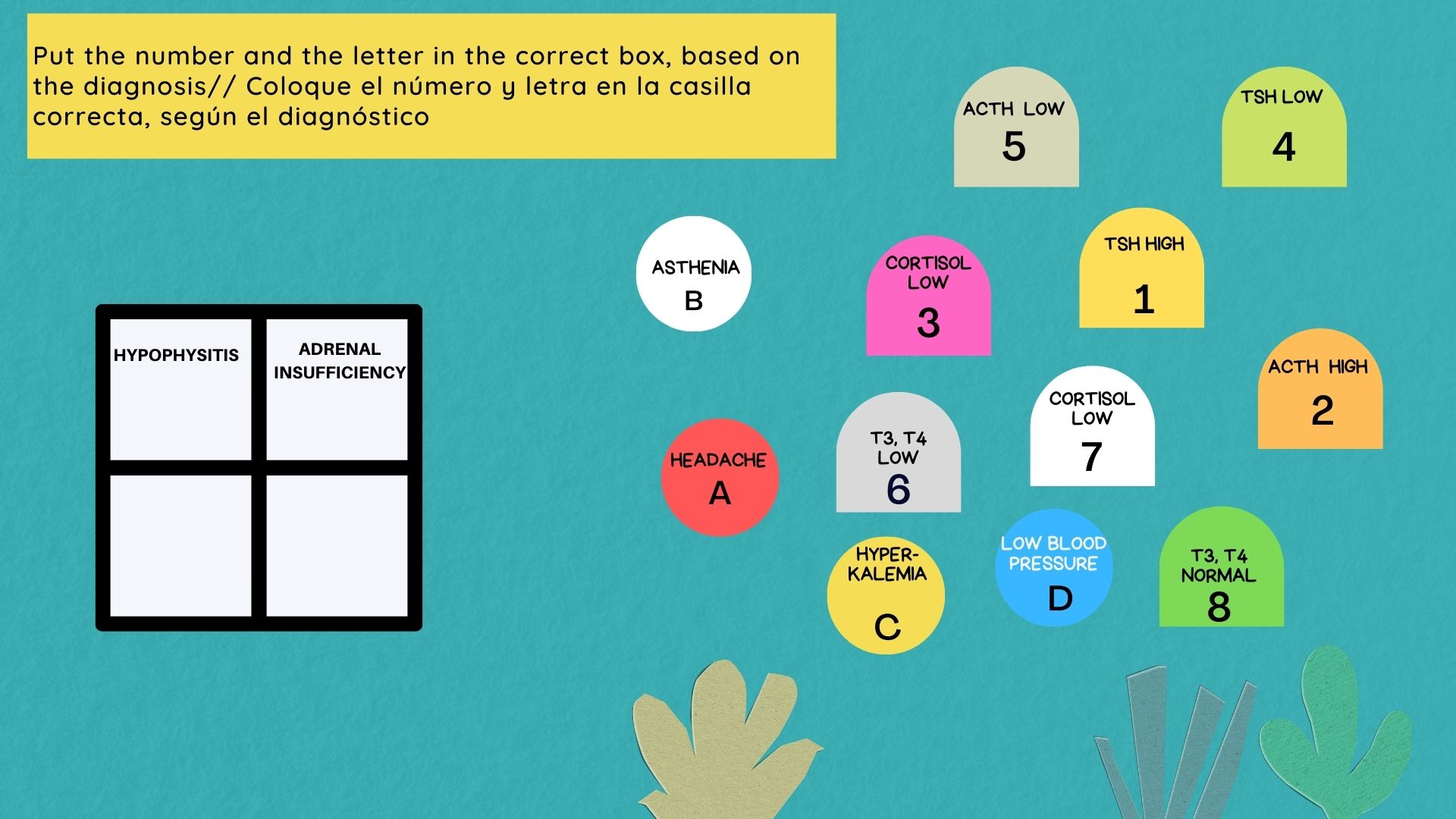Clinical reasoning as a detective investigation exercise: syncope, lung cancer and immunotherapy
Objective
We want to show in this clinical case the importance of the context and the existence of some difficult diagnoses, due either to the infrequent nature of the condition or to the need to be a specialist in the subject. From this point of view, if a physician fails to diagnose such a clinical entity, it could be considered a “no-fault” diagnostic error, within Graber’s classification (1). You may not know the cause of the problem, but you can always consider a syndrome.
Clinical case
A 62-year-old woman had a diagnosis of squamous lung cancer two years before the present clinical event, receiving a treatment with chemotherapy and immunotherapy, but a year later she developed bone metastases in her right hip and she was treated with pelvic radiotherapy. Nine months ago the tumor spread to the lymph nodes in the mediastinum and cervical region, beginning a new treatment with immunotherapy. The patient was taking regularly at home levothyroxine for a previous autoimmune thyroiditis, an antidepressant, paracetamol and, in the last five days, prednisone, 30 mg. daily.
Clinical evolution
One day, in a scheduled visit, the patient suddenly suffered a loss of consciousness, with sphincter relaxation, but not shortness of breath, vegetative symptoms, or abnormal movements, with a complete recuperation after three minutes. Her systolic blood pressure was 90 mm/Hg. The patient recovered totally from the event, after a short period of disorientation.
In the anamnesis after the acute event, she said that she was feeling weak and with nausea two weeks before, and with some episodes of headache in the last two days.
The CT scan showed neither infarction or hemorrhage, nor intracranial metastases.
The blood test obtained in the acute situation showed no hematological abnormalities, with a normal renal function and normal values for sodium, potassium and calcium. The oxygen saturation with room air was 97%.
QUESTION
Whit the clinical information introduced until now, the two most plausible scenarios are:
- Hypophysitis
- Adrenal insufficiency
If you have another consideration, please sent your suggestion to this mail: xaalcarr@gmail.com
Now, try to play the next game, assuming the probably diagnoses that we have settled previously:

If you want to know the correct answer, you can get it here
Final Diagnosis
You can obtain all the supplementary information here:
Bibliography
- Mark L. Graber, et al. Diagnostic Error in Internal Medicine. Arch Intern Med 2005; 165: 1493-1499
Author: Dr. Lorenzo Alonso Carrión. FORO OSLER




